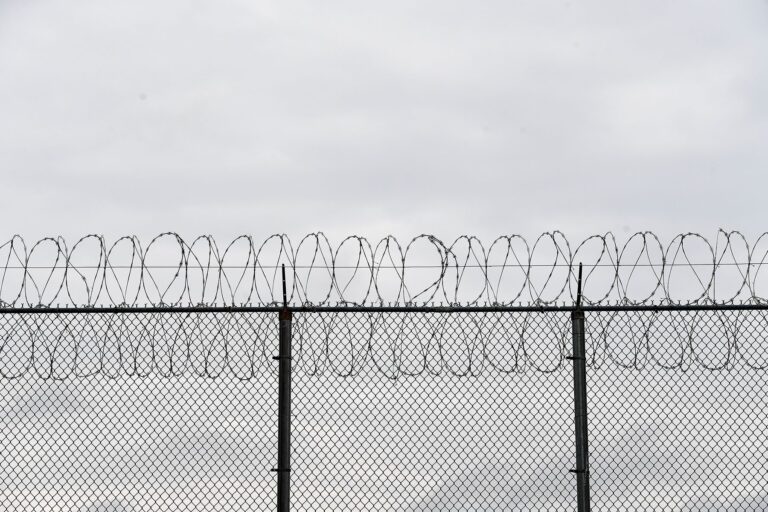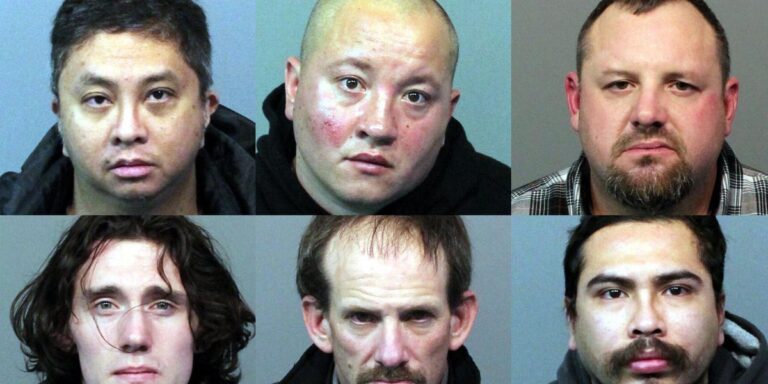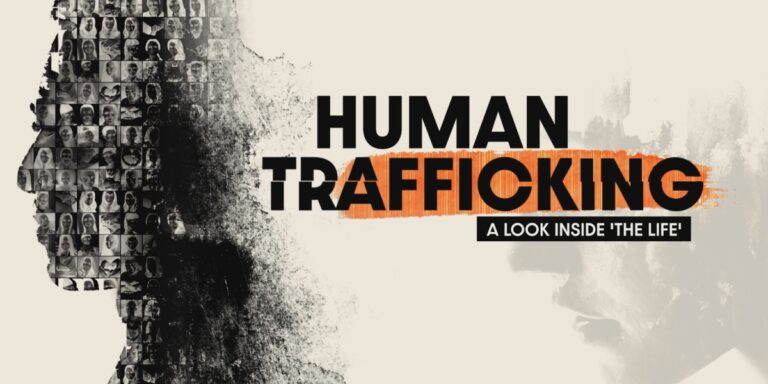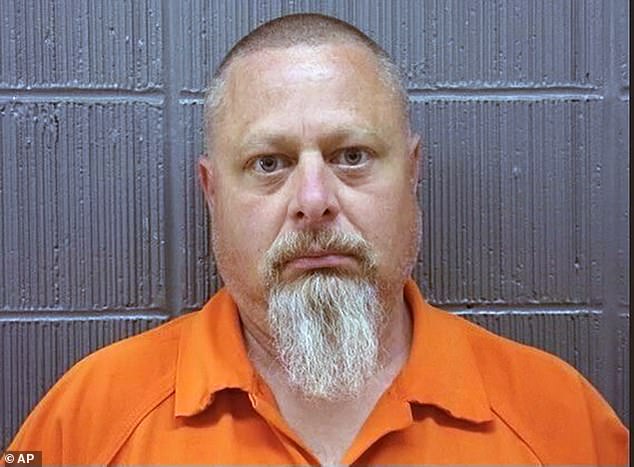Success of ‘Slavery on the Ballot’ Vote Could Help Incarcerated Pregnant People
This story was originally published by The 19th. During the midterm elections, five states — Alabama, Oregon, Vermont, Louisiana, and Tennessee — put to vote initiatives purported to prohibit the use of slavery and indentured servitude as a punishment for crime, an antiquated allowance given by the 13th Amendment 157 years ago this month that…










